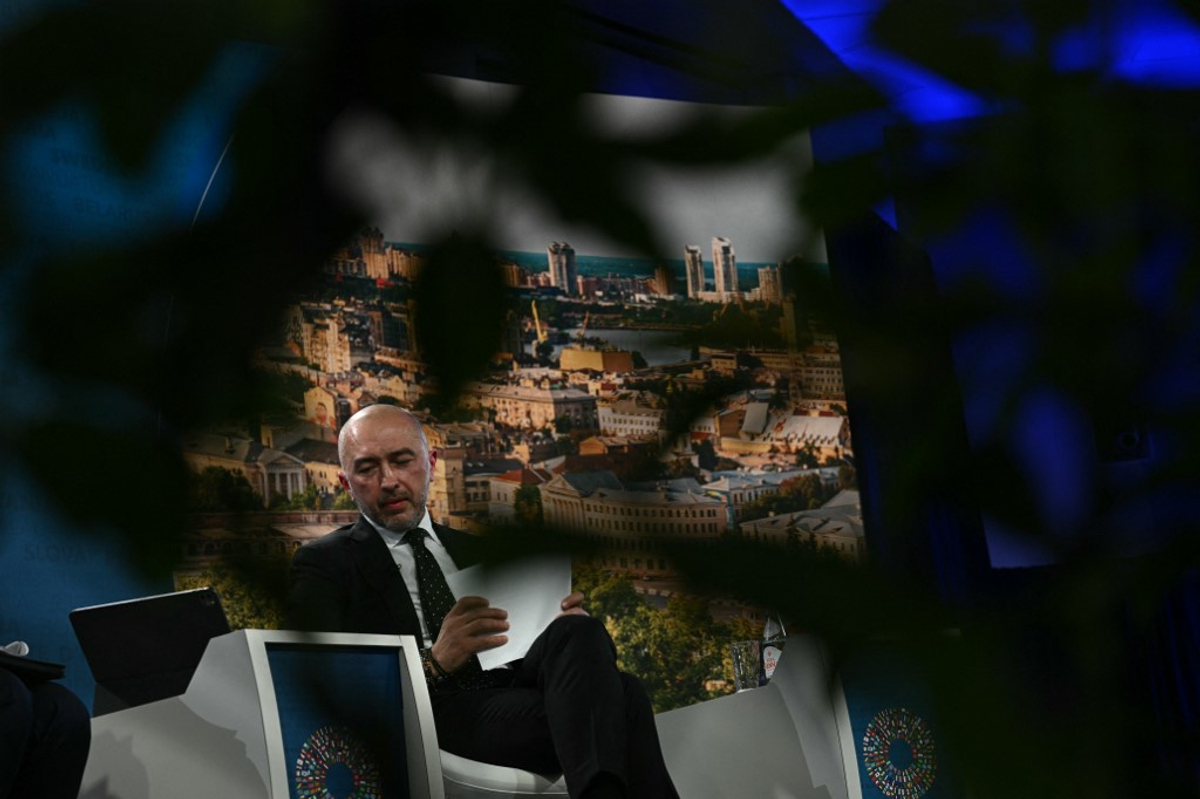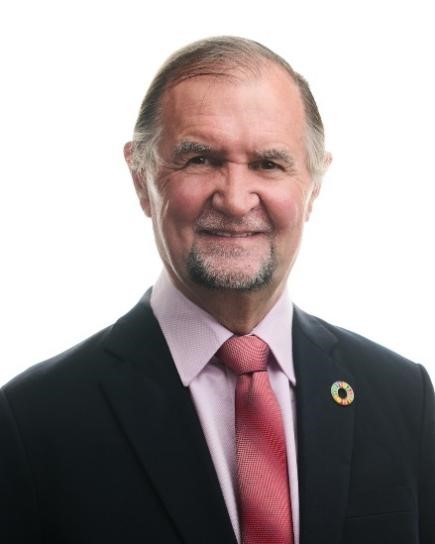By Olena Hrazhdan
Copyright kyivpost

The National Bank of Ukraine (NBU) has decided to keep the key rate at 15.5%, NBU governor Andriy Pyshny said during an online briefing with journalists on Thursday.
Pyshny said the inflation rate has been steadily decelerating for three consecutive months, after reaching its peak in May this year.
The slowdown is caused by slower food price growth due to the new harvest, a consequential restraint of prices for processed foods, as well as a slowdown in core inflation components such as services and non-food products.
The labor market also reduced price pressure – the NBU wrote that the labor supply increased, whereas the gap between offered wages and job seekers’ expectations narrowed.
Ukraine eased the travel ban for men aged 18 to 22 on Aug. 26, but it is unclear at present how this is affecting the job market, Pyshny and NBU Deputy Governor Serhiy Nikolaychuk told Kyiv Post in response to a media question.
“We are attentively following the discussion and messages on what effect this decision has… If the impact is substantial, we will include it in our forecasts. But we are not expecting any drama,” Pyshny told Kyiv Post at the briefing.
Business is suffering less from the lack of employees, but the demand remains high, Nikolaychuk added.
“We see the tendencies of vacancies decrease and the business is looking less for employees, while the CV quantity is growing. The salaries have increased over the years, and it helps new categories to enter the labor market: the retired, students, individuals with disabilities”, Nikolaychuk said during the briefing.
Although inflation figures are slowing down, economic agents still expect them to remain high, according to the NBU.
“The inflation expectations of households and financial analysts improved in August. However, the expectations of the majority of respondent groups remained in double-digit territory. In addition, web search statistics showed that households’ attention to the topic of inflation was still high,” Pyshny said during the briefing.
Since the pro-inflation risks are still high, the NBU said it will start decreasing the key rate no earlier than Q4 2025, while remaining flexible based on circumstances.
Russia’s war against Ukraine remains the key risk to inflation
Pyshny said at the briefing that intensified Russian airstrikes and destruction are increasing the risk of a decline in Ukraine’s economic potential.
Ukraine is seeking additional financing to plug the 2026 budget gap, which is estimated to be $12.7 billion. However, even financing in 2025 faces a liquidity shortage due to another Hr.300 billion ($7.2 billion) shortfall in its defense budget for the rest of 2025 as war continues.
In July and August, international partners transferred $7.5 billion to Ukraine, Pyshny said during the briefing.
“The progress of European integration reforms and effective cooperation with the IMF are an important precondition for receiving funds earmarked by the partners for Ukraine,” he said.
Pyshny also emphasized that Ukraine’s government and the NBU are currently talking with the International Monetary Fund (IMF) about the design of a new IMF program for Ukraine.
The IMF staff has been discussing it with Ukrainian representatives for the last week, Pyshny said. “The current program showed Ukraine can be an effective partner, both for the IMF and Ukraine.”
To tackle war-related financial burden, Ukraine is also mobilizing revenues inside the country. However, the new development may be laying the groundwork for a new design of the capital market within Ukraine, as Ukraine has recently signed a relevant memorandum with the European Bank for Reconstruction and Development (EBRD).
NBU Deputy Governor Yuriy Heletiy said the institution has already approved a plan to begin implementing the policy, with government approval expected “very soon.”
The country will also draft legislation to establish a single entity that consolidates key market infrastructure institutions, with the state holding at least a 25% stake while inviting private investors to participate.



